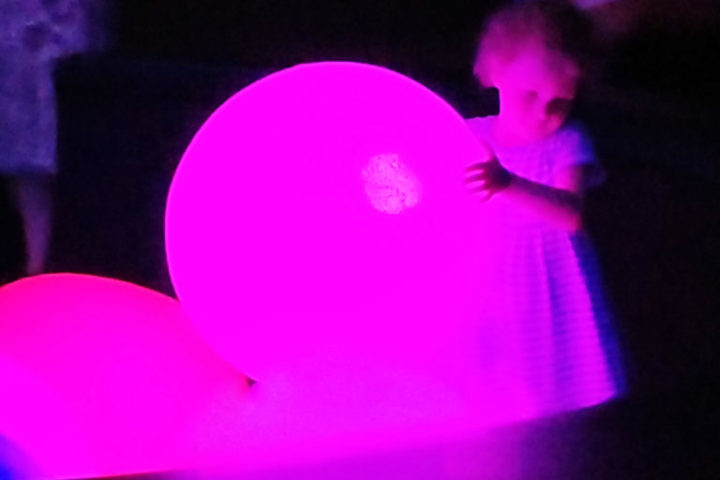ICOM announces the alternative museum definition that will be subject to a vote
 Following the processes of active listening, collecting and collating alternative definitions through its standing committee on Museum Definition, Prospects and Potentials (MDPP), the Executive Board of the International Council on Museums (ICOM), at its 139th session in Paris on 21-22 July 2019 agreed on a new alternative museum definition that will be subject to a vote in the context of the forthcoming ICOM Extraordinary General Assembly (EGA) in Kyoto on 7 September 2019.
The proposed definition is as follows:
Following the processes of active listening, collecting and collating alternative definitions through its standing committee on Museum Definition, Prospects and Potentials (MDPP), the Executive Board of the International Council on Museums (ICOM), at its 139th session in Paris on 21-22 July 2019 agreed on a new alternative museum definition that will be subject to a vote in the context of the forthcoming ICOM Extraordinary General Assembly (EGA) in Kyoto on 7 September 2019.
The proposed definition is as follows:
Museums are democratising, inclusive and polyphonic spaces for critical dialogue about the pasts and the futures. Acknowledging and addressing the conflicts and challenges of the present, they hold artefacts and specimens in trust for society, safeguard diverse memories for future generations and guarantee equal rights and equal access to heritage for all people. Museums are not for profit. They are participatory and transparent, and work in active partnership with and for diverse communities to collect, preserve, research, interpret, exhibit, and enhance understandings of the world, aiming to contribute to human dignity and social justice, global equality and planetary wellbeing.If agreed during the EGA in Kyoto, this definition would be integrated in the ICOM Statutes.
Background
Across the world ICOM provides a common framework for museums, a forum for professional discussions, and a platform for questioning and celebrating heritage and collections in museums and cultural institutions. A shared definition of the museum serves as the backbone for ICOM as a global organisation.
The ICOM Statutes, adopted in 2007, indicate that “A museum is a non-profit, permanent institution in the service of society and its development, open to the public, which acquires, conserves, researches, communicates and exhibits the tangible and intangible heritage of humanity and its environment for the purposes of education, study and enjoyment.” Last year, ICOM launched a process to revise this definition, on the understanding that it did not adequately reflect and express the complexities of the 21st century and the current responsibilities and commitments of museums, nor their challenges and visions for the future. The decision on the new museum definition will be taken in the context of the 25th ICOM General Conference, to be held in Kyoto on 1-7 September.Further information
For additional information about the process leading to a new museum definition, please visit ICOM's website at https://icom.museum/en/activities/standards-guidelines/museum-definition/Similar content
from - to
01 Sep 2019 - 07 Sep 2019

